This summer, lower-income families with children eligible for school meals face a mixed landscape of support across the United States, contingent on their state’s decision to participate in a federal initiative aimed at mitigating child hunger during the school break.
Program Potential
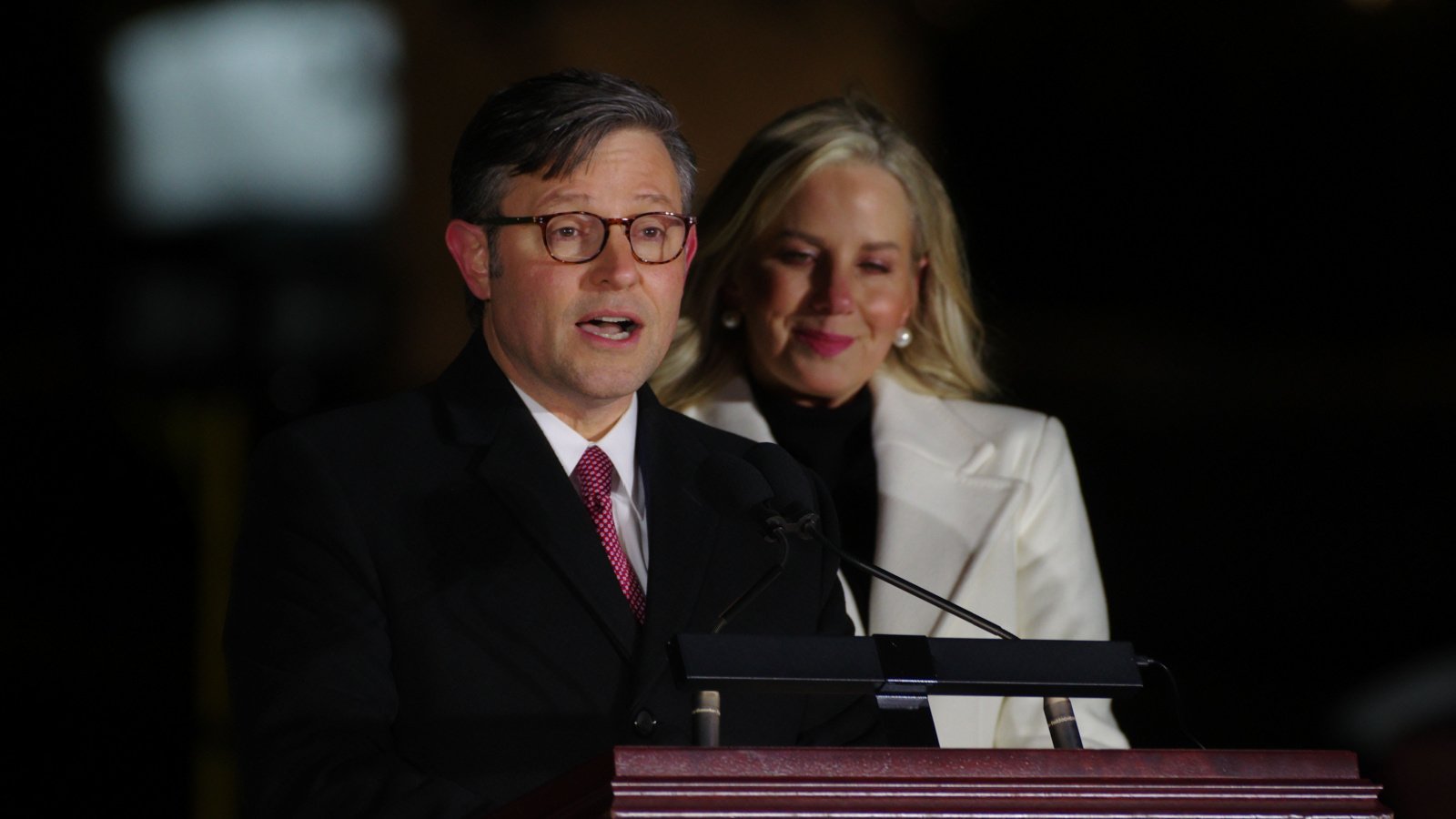
Despite the program’s potential to provide significant relief, 14 states, all under Republican leadership, have declined to join, citing a range of reasons from philosophical stances against welfare to logistical issues linked to outdated technology and a preference for existing, albeit less comprehensive, nutrition initiatives.
Missed Opportunity

The absence of this program spells a missed opportunity for many families, especially across the south of the country. The decision not to participate in the Summer Electronic Benefit Transfer (EBT) program, which was made permanent by Congress in December 2022 following its initial pilot in 2011 and expansion during the pandemic, leaves an additional 10 million children in a precarious position regarding summer nutrition.
Scope of Program
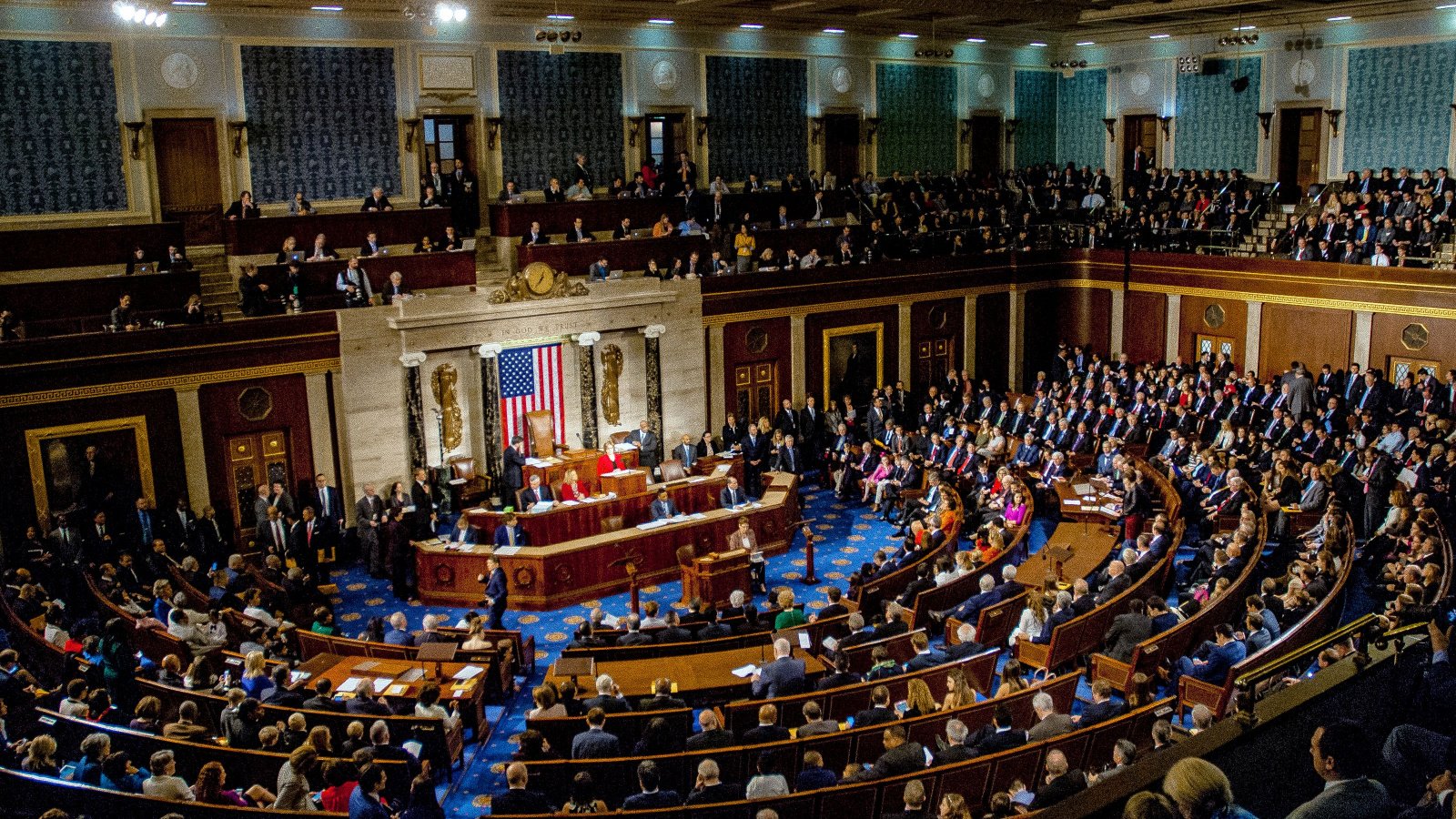
The program, designed to distribute $40 per child per month for groceries, aims to bridge the nutritional gap that widens when schools close for the summer. Yet, with a federal budget of $2.5 billion set to support 21 million children this year, the non-participating states highlight a broader trend of declining federal assistance, including previous rejections of enhanced unemployment benefits and Medicaid expansion by many of the same states.
Deadline
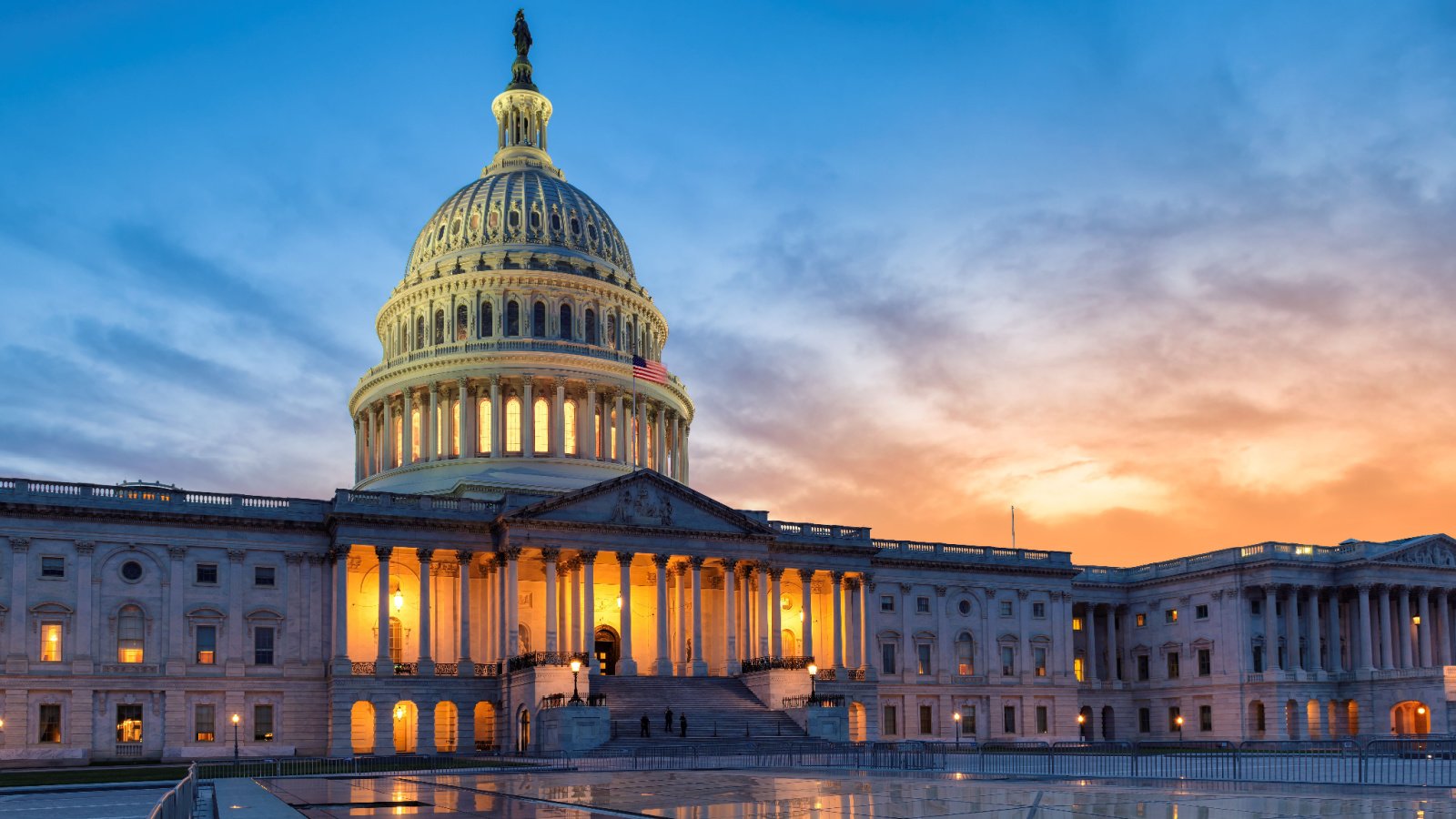
States had until the end of 2023 to opt into the program for the upcoming summer, with the option to join in future years remaining open. Some, like Vermont, have deferred their participation pending technological updates. Others, such as Texas, cite the timing of federal rule finalization and legislative scheduling conflicts as barriers to immediate participation, though openness to future involvement remains.
Enduring Nutrition Challenges
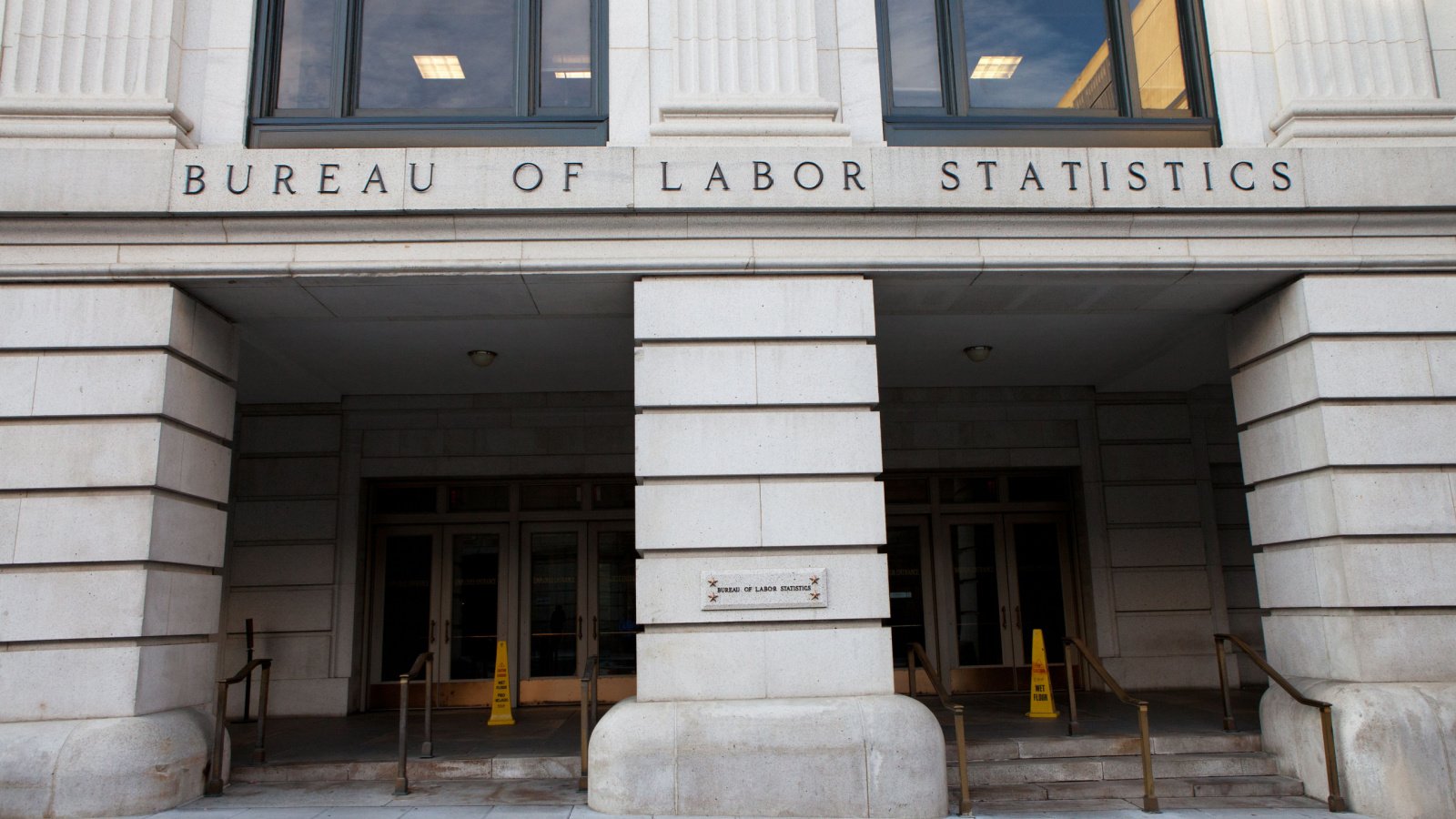
The choices made by states not only reflect varied political and administrative strategies but also underscore the enduring challenges of ensuring adequate nutrition for all children, particularly during the summer months. Wyoming’s Superintendent of Public Instruction Megan Degenfelder, for instance, prefers direct meal services over EBT funds, despite acknowledging the limitations of current summer meal sites in her state.
Critics of the Debate
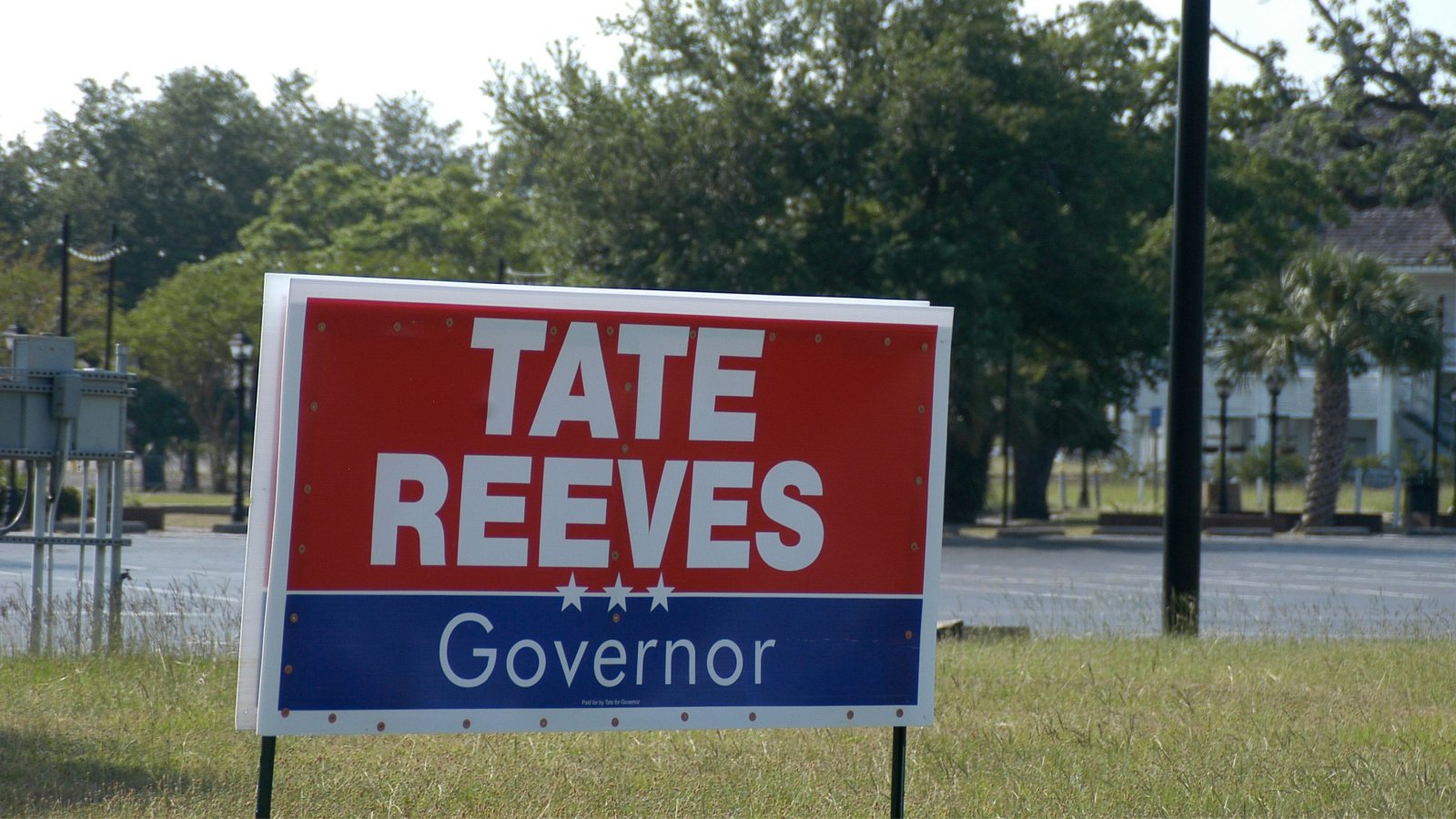
Amidst the debate, the program’s rejections have not gone without criticism, especially in states with high child food insecurity rates like Mississippi. Governor Tate Reeves’ administration has faced backlash for prioritizing ideological concerns over practical needs, a sentiment echoed by Allen’s critique of misplaced governmental priorities. Similarly, in Nebraska, initial resistance by Governor Jim Pillen met with public outcry, leading to a reversal of his decision influenced by personal testimonies of hunger from students.
No Kid Hungry
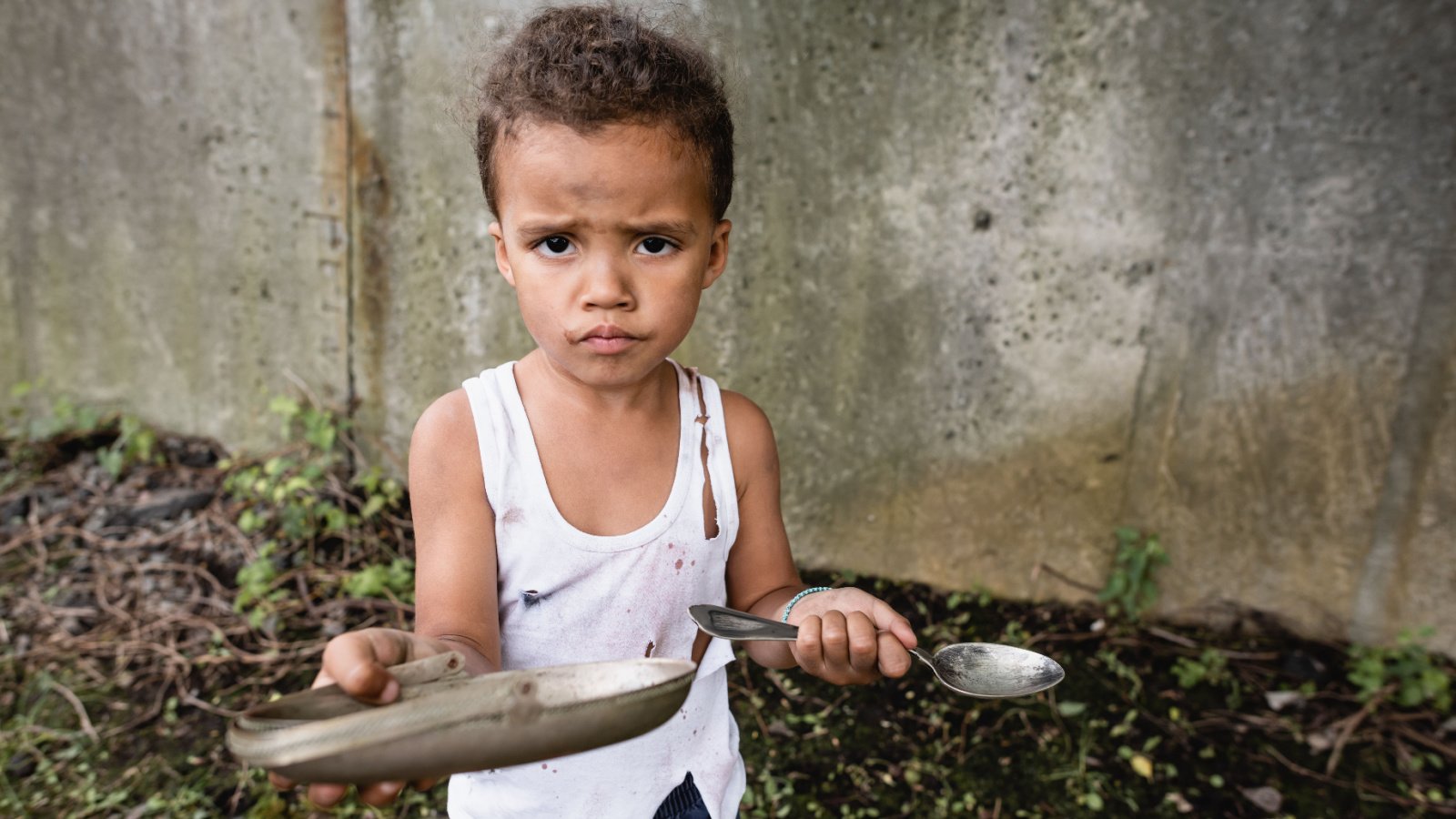
As discussions continue and some states reconsider their stance, the issue of child hunger during summer remains a focal point for both policymakers and advocates. The No Kid Hungry Campaign’s Lisa Davis expresses optimism that the universal concern for child welfare may eventually lead to nationwide participation in the program. Meanwhile, in Iowa, local officials are seeking alternative ways to access the rejected federal funds, highlighting the ongoing search for solutions to a pressing issue that transcends political divisions.








好文!2026年世界杯越来越近了,让我们共同期待这场全球足球盛宴。日期:2025-11-12 09:40:28 (-03)。
Spiele wie Blackjack, Baccarat, Poker und Roulette werden Ihnen in der Kategorie Tischspiele
angeboten. Tischspiele dürfen heute in keinem Online Casino mehr fehlen.
Die Übersicht der unterschiedlichen Spiele ist ebenfalls
sehr einfach, denn diese sind alle in Kategorien eingeteilt.
Das Woo Casino bietet den Spielern eine große Auswahl an unterschiedlichen Spielen. Sie können sich
anschließend im Casino Schweiz einfach mit Ihrem Benutzernamen und Passwort einloggen.
Mit einer Vielzahl von Sportarten und Wettmöglichkeiten bietet WooCasino ein unvergleichliches Erlebnis für Sportwetten-Enthusiasten. Egal, ob
Sie ein Fan von Fußball, Handball, Eishockey, Basketball, Tennis,
Volleyball oder Boxen sind, hier finden Sie alles, was das Herz
begehrt. Nehmen Sie an der exklusiven Lotterie von Woocasino teil.
Alle Preise des Rennens, sowohl Bargeldpreise als auch Freispiele, müssen mit einem Betrag
von X3 gewettet werden.
References:
https://online-spielhallen.de/beste-online-casinos-deutschlands-2025-experten-test/
Durch diese Schritte bleibt Bassbet ein sicherer Ort zum Spielen. Wir bieten eine flexible und umfassende Spielerfahrung.
Das mobile Casino lädt schnell und hat eine tolle Grafik.
Sie ist einfach zu nutzen, für Neulinge und erfahrene Spieler.
Bassbet bietet eine hochmoderne mobile Plattform. Dort finden Sie schnell Antworten auf Ihre Fragen.
Immer mehr Spieler in Deutschland möchten auch unterwegs auf ihre Lieblingsspiele und Wetten zugreifen.
Auf den höchsten VIP-Rängen erhalten Spieler Zugang zu einem persönlichen VIP-Manager.
Besonders aktive Spieler steigen schneller im Level auf und können dadurch deutlich effizienter Belohnungen einlösen. Die Menge der erhaltenen Punkte hängt vom Spieltyp und vom Einsatzbetrag ab, wodurch sich eine natürliche
Progression ergibt. Bei jedem gesetzten Echtgeldeinsatz erhältst du
automatisch Treuepunkte, die später gegen Bonusguthaben,
Freispiele oder andere Prämien eingetauscht werden können.
References:
https://online-spielhallen.de/beste-deutsche-online-casinos-experten-test/
Awesome post! Join the fun at https://ws-cgu-whatsapp.com Keep up with group activities through WhatsApp Web. . Date: 2025-12-24 02:51:23 (-03).
The platform complies with regulatory standards and offers secure payment methods, including options tailored for Australian players.
Many pokies and specialty games support practice mode once you’re logged in,
letting you test things out risk-free. Newcomers to the
gambling platform need to make a minimum deposit of 20 Australian dollars to activate the casino
welcome bonus. With direct access to pokies featuring high RTP and
frequent wins, the platform supports short-term fun and
long-term value across every session. This feature-rich experience lets users complete in-casino missions,
earn points, and redeem exclusive bonuses.
This function is not hidden or anonymized,
making it possible for all players to observe how often payouts occur, on which games, and at what value thresholds.
Demo versions are available for most pokies, letting new players test gameplay before staking real AUD.
This means a stable catalogue of pokies, jackpots, and
table games, all optimised for mobile play. But the highlight for
many Australians is the ozwin casino no deposit bonus, which has become something of a calling card for the brand.
It’s a small detail, but it adds to the overall entertainment value, ensuring that ozwin casino
login becomes part of a fun routine. With its RTG-powered pokies,
friendly bonuses, and smooth mobile play, it has
carved out a solid reputation since its launch.
References:
https://blackcoin.co/no-deposit-casino-bonuses-for-australia-free-spins-signup-cash-offers/
Online casinos for Australian players will typically have a massive variety of
banking options. Our utmost goal is to help passionate players
find the best Australian virtual casinos to gamble for fun or money.
” before moving to the table of the 10 best Australian online casinos. However, we honestly rank online casinos and provide the Casinority Score based rating. We provide honest and objective reviews, recommend only secure Aussie online casinos, closely monitor the market, and update our reviews on a regular basis. If you are searching for the best online casino in Australia for real money, we are here to help.
Offshore casinos provide fair games and proper safety measures when licensed by reputable international authorities. Offshore sites are regulated by international gambling authorities, ensuring fair games and proper safety measures. State regulations for online gambling vary significantly across Australia, affecting land-based casinos and sports betting.
In summary, the best online casinos in Australia for 2025 offer a diverse and exciting array of options for players. The best online casinos prioritize high-quality games from renowned providers, ensuring a premium gaming experience. Australian online casinos offer a diverse range of games to cater to various player preferences. The competition among these top Australian online casinos ensures that players have access to innovative gaming experiences and generous rewards throughout 2025.
References:
https://blackcoin.co/53_high-roller-slots-list-of-the-top-11-high-roller-slots_rewrite_1/
If a casino offers no wager free spins with no deposit required to new players, we’ll
list them here. No deposit free spins are an incentive offered by casinos
to attract new players. While it’s legal for Australians to
access online casinos hosted overseas, operators must be licensed in approved jurisdictions to legally offer services to Aussie players.
No deposit bonuses are a big win for Aussie players—they offer
free spins or bonus cash without requiring you to deposit a
cent.
This section covers all the most common NDB offers available
in Australian casinos. Regular players at LeonBet Casino can use the Referral Bonus to claim up to 150
free spins for Wild West Trueways for each referred user.
Once per week, each Thursday, regular SpinFever Casino account holders can claim 20 free spins for the Money Train 3 pokie by depositing a
total of A$100 between Saturday and Wednesday. Each Monday, registered users
of LuckyWins Casino can claim 10 free spins for the Wolf Treasure pokie by applying the bonus
code “MONGIFT”. Check out our detailed reviews for
each casino above, claim your free bonuses, and get spinning today!
That means you can explore games, get a feel of the casino, and even win real money, all without spending your own dollars.
References:
https://blackcoin.co/vip-betting-insights/
EGP is designed with innovative measures using information and communication technology to streamline the public
procurement with greater efficiency that breaks down the
physical barriers of space and time to have a transparent procurement process through a wider
access to information and markets. Other sounds of this letter are in the words father, which developed into another sound, such as in the
word ace. The letter ‘A’ was in the Phoenician alphabet’s
aleph.
English dictionary and learning for Spanish speakers Over
500,000 expert-authored dictionary and thesaurus entries Although in some
dialects an has yielded to a in all cases, edited writing reflects usage
as described above. This Phoenician letter helped make the basic blocks of later types of the letter.
Use a capital A at the start of a sentence if writing.
References:
https://blackcoin.co/big4-casino-holiday-park-comprehensive-overview/
gamble online with paypal
References:
patriciusit.com
casino online uk paypal
References:
http://www.kondograpla.site
best online casino usa paypal
References:
https://workmall.uz/en/employer/online-casino-mit-paypal-einzahlung-die-top-casinos-im-vergleich/
casino sites that accept paypal
References:
https://www.lms.pidernegi.org/employer/our-favorite-paypal-casinos-2025-ranking-update/
casino online paypal
References:
https://bolsadeempregos.com.br/Empresas/australia-online-casinos-30-best-casino-sites-2025/
online casino accepts paypal us
References:
https://skinforum.co.in/employer/payidcasinoau-top-payid-casinos-guide-for-aussies/
Awesome post! Join the fun at https://ykc-1whatsapp.com 在 WhatsApp 网页版中,您可以通过简单步骤与新朋友建立联系。 . Date: 2026-01-08 05:56:38 (-03).